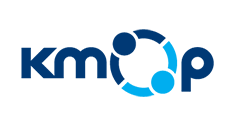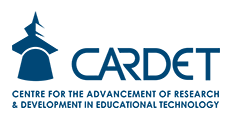SAFE – Supporting un-Accompanied children with Family-based care and Enhanced protection
SAFE aims to enhance family-based care to promote welfare and ensure protection of unaccompanied children.
Grant Agreement Number: 764266
Funded by: REC Duration: 01/11/2017-31/10/2019

Challenge
The number of unaccompanied children arriving in the UK, Greece, Cyprus and Denmark has risen significantly in the last few years. Specifically in Greece, since 2015, 37% of all minors who arrive per year are unaccompanied.
Several studies have shown that unaccompanied minors have high levels of post-traumatic stress symptoms (around 50% in these samples). This percentage was lower for young people living with family and for unaccompanied young people living in foster care compared to those living in group houses or independently.
While there are differences in the systems and processes involved in supporting unaccompanied children seeking asylum in the UK, Greece, Cyprus and Denmark, there are common challenges that can be addressed through a transnational approach. These challenges are: limited knowledge and capacity among professionals and practitioners, little knowledge among foster carers and family-based carers as to how to support the unaccompanied children in their care, and lack of public and policymaker awareness of the challenges.
Innovation
SAFE aims to enhance family-based care to promote welfare and ensure protection of unaccompanied children in the UK, Greece, Denmark and Cyprus.
Action

European Commission’s support for the production of this content does not constitute an endorsement of the contents, which reflect the views only of the authors, and the Commission cannot be held responsible for any use which may be made of the information contained therein.
Project Partners




